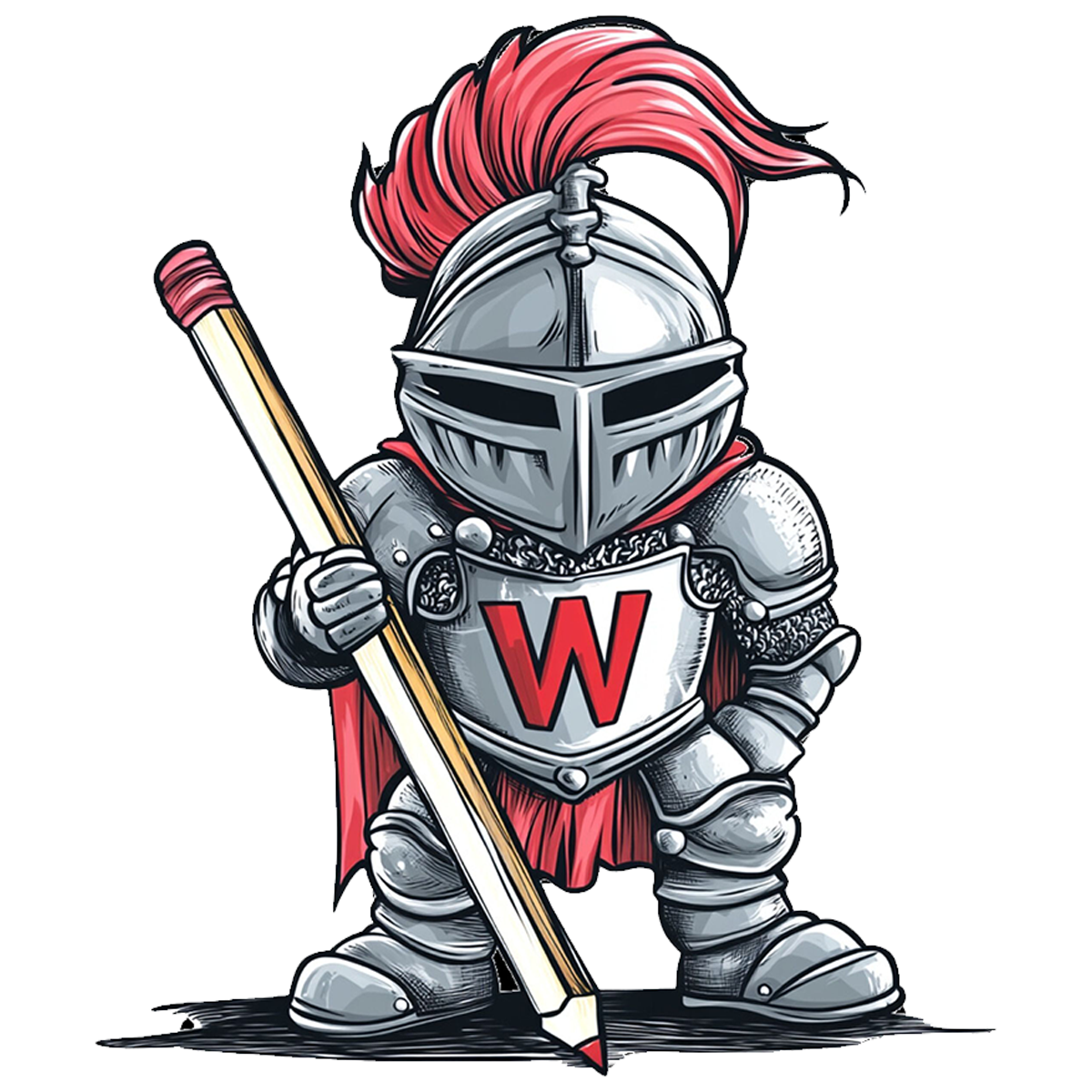Student Services
Quick Links
Our Mission: Student Services is committed to supporting the instructional process by identifying and eliminating barriers to learning, advocating for the needs of the whole child, and empowering all students to become lifelong learners in the 21stcentury.
School Counselor
Dr. Richelle E. Cromartie, Guidance Counselor
Email: richellecromartie@ccs.k12.nc.us
Professional school counselors are certified/licensed educators with a minimum of a Master’s degree in school counseling making them uniquely qualified to address students’ cognitive, socio-emotional and career development needs by implementing a comprehensive school counseling program. They also provide consultation, individual and group counseling, academic advisement. In addition, they provide prevention, crisis intervention, and conflict resolution.
The school counseling department at Warrenwood Elementary is pleased to provide your child with services dedicated to promoting academic and personal success. The counseling department looks forward to assisting your child with development needs, extra support, family crisis, and other difficulties that your child may face. These issues are addressed through individual counseling, group counseling and classroom guidance. Feel free to contact your school counselor if you and your child need additional academic and personal support.
School Psychologist
School psychologists are highly trained in both psychology and education, completing a minimum of a specialist-level degree program. they provide assessment and testing of students for special services. Consultation for teachers. Counseling for students. In addition, they provide prevention, crisis intervention, conflict resolution, and program modification for special learning and/or behavioral needs.
School Nurse
School nursing is a specialized practice of professional nursing that advances the well-being, academic success and life-long achievement and health of students. School nurses facilitate health services such as immunizations, communicable disease control, vision and hearing screening and follow-up, health assessments and referrals, and health counseling and information for students and families. School nurses actively collaborate with school personnel, students and parents to create health plans and to administer medication.
CCS Military Family & Youth Liaison:
Military Family and Youth Liaisons
Reginald Fields - 910-678-7008
Isaac Rancour - 910-635-0090
2465 Gillespie Street
Fayetteville, NC 28306
910-635 0090
The military family and youth liaison (MFYL) acts as a communication link between the installation and the school district in order to ease the transition for the military students. The MFYL coordinates and supports efforts to: assess needs, build awareness of resources, and connect those with needs to supportive solutions.
EC Case Manager
Diannie Sprull, EC Case Teacher
Email: dianniesprull@ccs.k12.nc.us
The EC Case Teacher can address concerns for students eligible for special education services. They can verify service implementation and communicate with the student’s team to meet their academic and functional needs. In addition, she can coordinate Child Find. This is a coordinated effort between the Student Services Team and the Exceptional Children Services to locate and identify children and youth suspected of or diagnosed with a disability who might have intellectual, physical, or emotional disabilities and are unable to benefit from the regular school program without special assistance.
Community Resources:
Dial 2-1-1 or Click NC211 Website.
School Social Worker
Nikkita Logan, School Social Worker
Email: nikkitalogan@ccs.k12.nc.us
School Social Workers are trained mental health professionals with a Bachelors or Master’s degree in social work. They are the link between the home, school and community. School social workers provide direct as well as indirect services to students, families and school personnel such as monitoring school attendance, promoting dropout prevention, consultation, information and referral, identification of at-risk students, and counseling. In addition, they provide prevention, crisis intervention, and conflict resolution.
What do school social workers do?
Liaison between the home, the school, and the community
Information and referrals to community resources
Advocacy for parents
Home visits
Counseling with students
Assistance with crisis situations
Monitoring of school attendance
School Social Workers help parents:
Participate effectively in their children’s education
Understand and meet their children’s social and emotional needs
Understand programs available to students with special needs
Utilize school and community resources effectively
Assist family in crisis situations
Who find themselves in homeless situations
School Social Workers help students:
Achieve maximum benefit from their educational opportunities
Cope with stress
Who are involved with child abuse and neglect cases
Who needs assistance with food, transportation, or clothes
